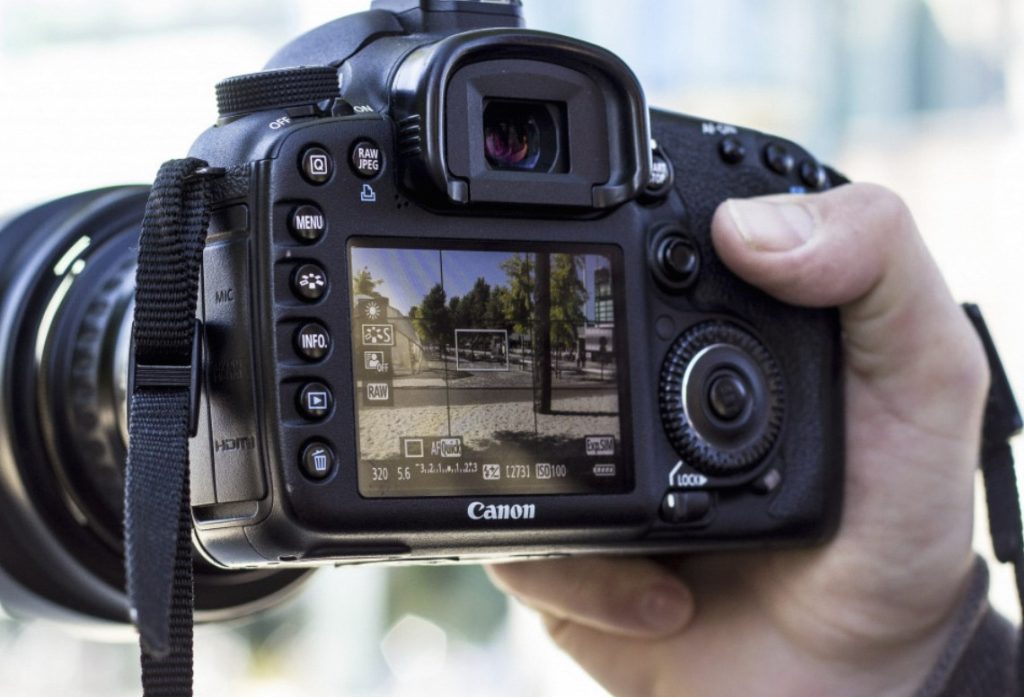The magic on screen in movies, television shows, and commercials often starts with a dedicated team behind the camera. A crucial member of this team is the camera assistant, who plays a vital role in supporting the cinematographer and ensuring smooth filming operations. This multifaceted position requires a unique blend of technical skills, film knowledge, and a positive, can-do attitude.
Part 1: The Right Hand of the Cinematographer
Camera Operation and Maintenance:
Camera assistants possess a strong understanding of camera operation. They assist the cinematographer with setting up shots, adjusting lenses, and maintaining focus during filming. They’re also responsible for changing camera batteries and film magazines (in film productions), ensuring the camera equipment functions flawlessly throughout the shoot.
Technical Expertise and Anticipation:
Think camera assistants just hold the camera? Think again! They’re the cinematographer’s right hand, with a sharp eye for technical details. They predict what lenses, filters, and gear are needed based on the scene, ensuring the perfect visual effect. Working alongside the gaffer (lighting boss), they help create the mood and atmosphere needed to bring the story to life. These technical wizards are key to a smooth and successful shoot!
Part 2: Beyond the Camera: Supporting the Crew
Logistics and Set Management:
Camera assistants are often the backbone of the camera department, handling various logistical tasks. They maintain a detailed shot list, ensuring each scene is captured according to the director’s vision. They also keep track of film stock or memory cards used, ensuring continuity and preventing any missing footage.
Communication and Teamwork:
Excellent communication skills are paramount for camera assistants. They act as a bridge between the cinematographer and other departments like sound and props, ensuring everyone is on the same page and prepared for each shot. Their ability to work effectively within a team and maintain a positive attitude is essential for a smooth filming experience.
Part 3: The Journey of a Camera Assistant
Building a Foundation:
Many aspiring camera assistants gain experience by starting as camera interns or production assistants on smaller sets. These entry-level positions offer valuable hands-on experience and opportunities to learn from experienced professionals.
Skill Development and Specialization:
As camera assistants gain experience, they can develop specializations within the field. Some may focus on operating specific camera systems, while others may choose to specialize in areas like steadicam operation or aerial cinematography. Continuous learning and skill development are crucial for career advancement.
Part 4: Beyond the Set: Valuable Skills for Diverse Careers
Transferable Skills:
The skills honed as a camera assistant are highly transferable to other creative fields. The ability to handle technical equipment, work collaboratively in fast-paced environments, and think creatively can be valuable assets in photography, videography, event production, and even teaching or mentoring roles.
A Stepping Stone to Success:
For those passionate about filmmaking, a career as a camera assistant can be a stepping stone to bigger opportunities. By building strong relationships, gaining experience, and demonstrating their dedication, camera assistants can pave the way for future roles as camera operators, cinematographers, or even directors.
In conclusion, camera assistants play a vital role in bringing the director’s vision to life. Their technical skills, attention to detail, and collaborative spirit are essential for a successful film or video production. For those interested in a career behind the scenes and a passion for storytelling through visuals, becoming a camera assistant can be an exciting and rewarding journey.



